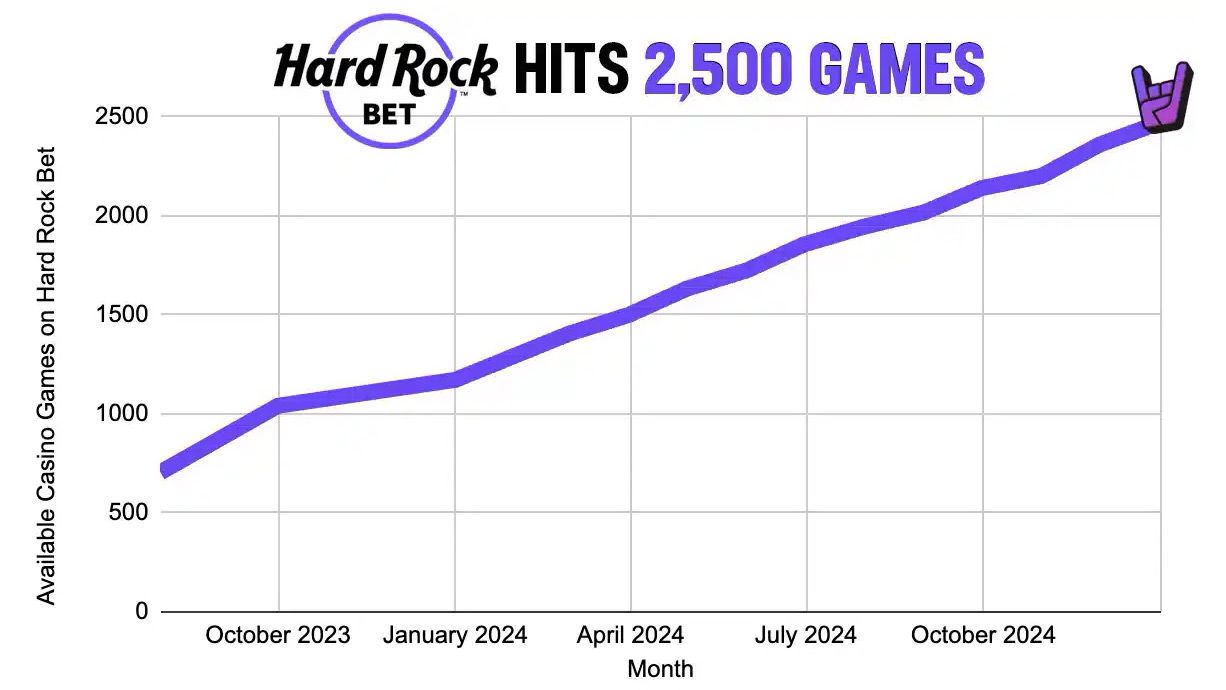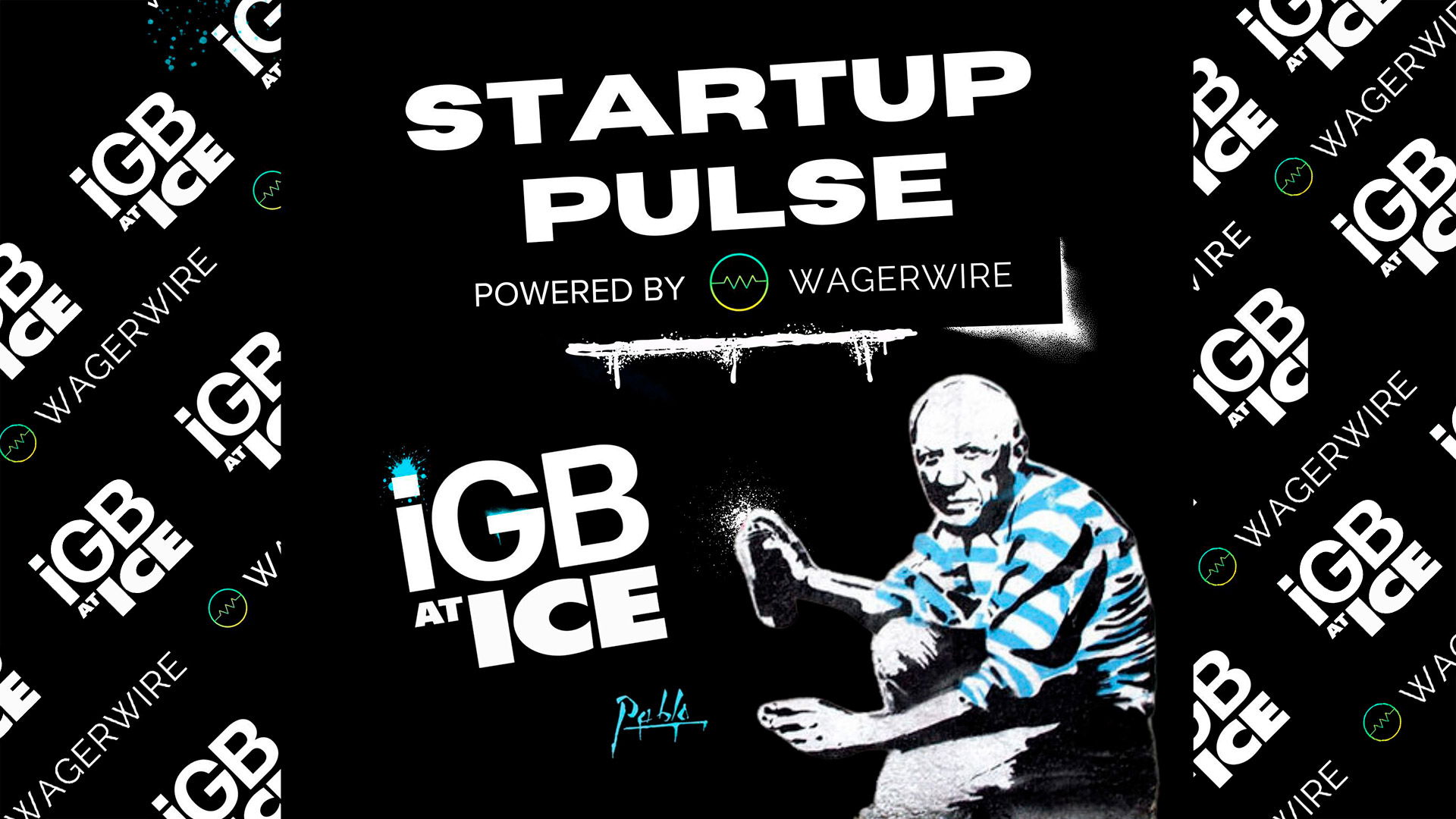Gambling industry experts predict New York, Maryland next states to legalize online casino

Gambling industry panelists at the Next.io forum have predicted that New York and Maryland could be the next states in the US to launch online casino gaming. The most recent state to regulate the practice in the country was Rhode Island, which earlier this week became the seventh state to offer the vertical.
Speaking at the online gambling conference, some panelists also pointed out that, despite years of difficulty in executing a deal that satisfies commercial and tribal casinos and card rooms, California is "too big" a market to not offer internet gambling.
Rhode Island went live with online casino games on Tuesday. Before that, only six US states offered them - New Jersey, Connecticut, Delaware, Pennsylvania, Michigan, and West Virginia. Nevada offers internet poker but not online casino games.
Shawn Fluharty, a West Virginia state delegate and chairman of a national group of legislators from gambling states, listed New York and Maryland as the "most likely states" to add internet gambling soon, reports the Associated Press. He was joined in that assessment by Brandt Iden, Vice President of Government Affairs for Fanatics Betting and Gaming and a former Michigan state representative.
Both experts acknowledged the difficulty of passing online casino legislation. While thirty-eight states plus Washington, DC, currently offer sports betting, only seven have legal internet casino gambling. According to Iden, part of the problem is that some lawmakers are unfamiliar with the industry. “We talk about iGaming, and they think we're talking about video games,” he said, as per AP.
On the other hand, some lawmakers are concerned that offering online casino games may reduce revenue from existing brick-and-mortar casinos. However, industry executives argue online gambling can complement in-person gambling. Fluharty pointed out that four casinos opened in Pennsylvania after the state began offering internet casino gambling.

AP cited a study commissioned by Maryland which projected that adding internet gambling would generate $900 million in annual online betting revenue by 2029, but that it would cost brick-and-mortar casinos $200 million.
The panelists at the conference noted that in order to foster wider adoption of internet gambling, the tax revenue this vertical generates should be further promoted, along with emphasizing programs to discourage compulsive gambling.
New York State Senator Joseph Addabbo, one of the leading advocates of online betting in his state, recently introduced legislation to allocate at least $6 million a year to problem gambling programs.
“If you tell them we're funding things by passing iGaming, or we can raise your taxes, what do you think the answer is going to be?” Fluharty questioned, speaking about college scholarships as something for which gambling revenue could be used.
One bill pending in the Maryland state legislature that would legalize internet gambling would impose a lower tax rate on operations that offer live dealer casino games and thus create additional jobs.
New York legislators have advocated strongly for internet gambling in recent years, but Gov. Kathy Hochul did not include it in her executive budget proposal this year.
Edward King, the co-founding partner of Acies Investments, said California, where disputes among tribal and commercial gambling operations have stalled approval of online casino games and sports betting, will likely join the fray. He said: “It's an inevitability for a state the size of California. The tax dollars are too big.”
Adam Greenblatt, CEO of BetMGM, disagreed, saying California likely will not approve online gambling anytime soon, and that Texas, another potentially lucrative market, “has successfully resisted it for 20 years.”

















































